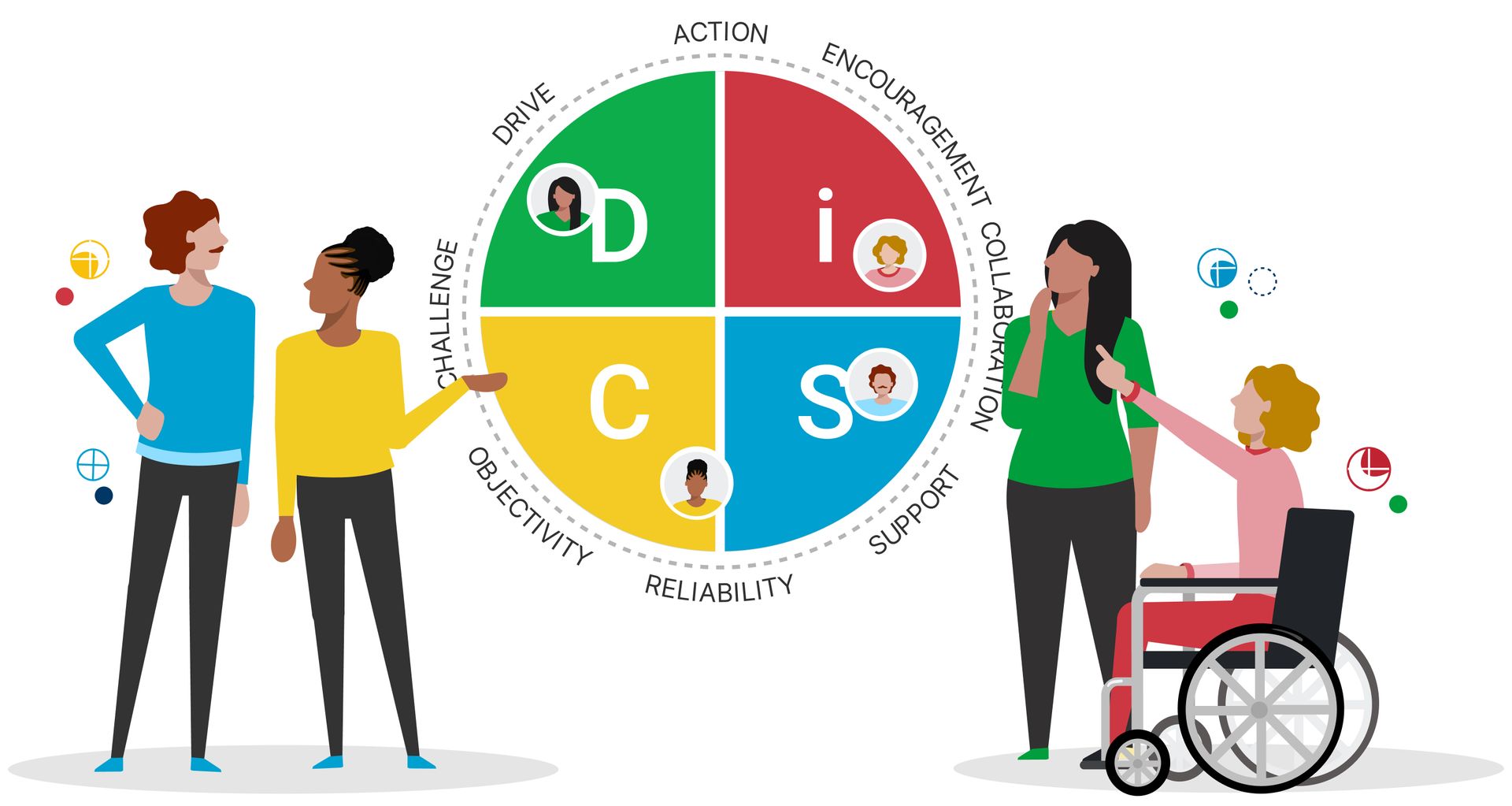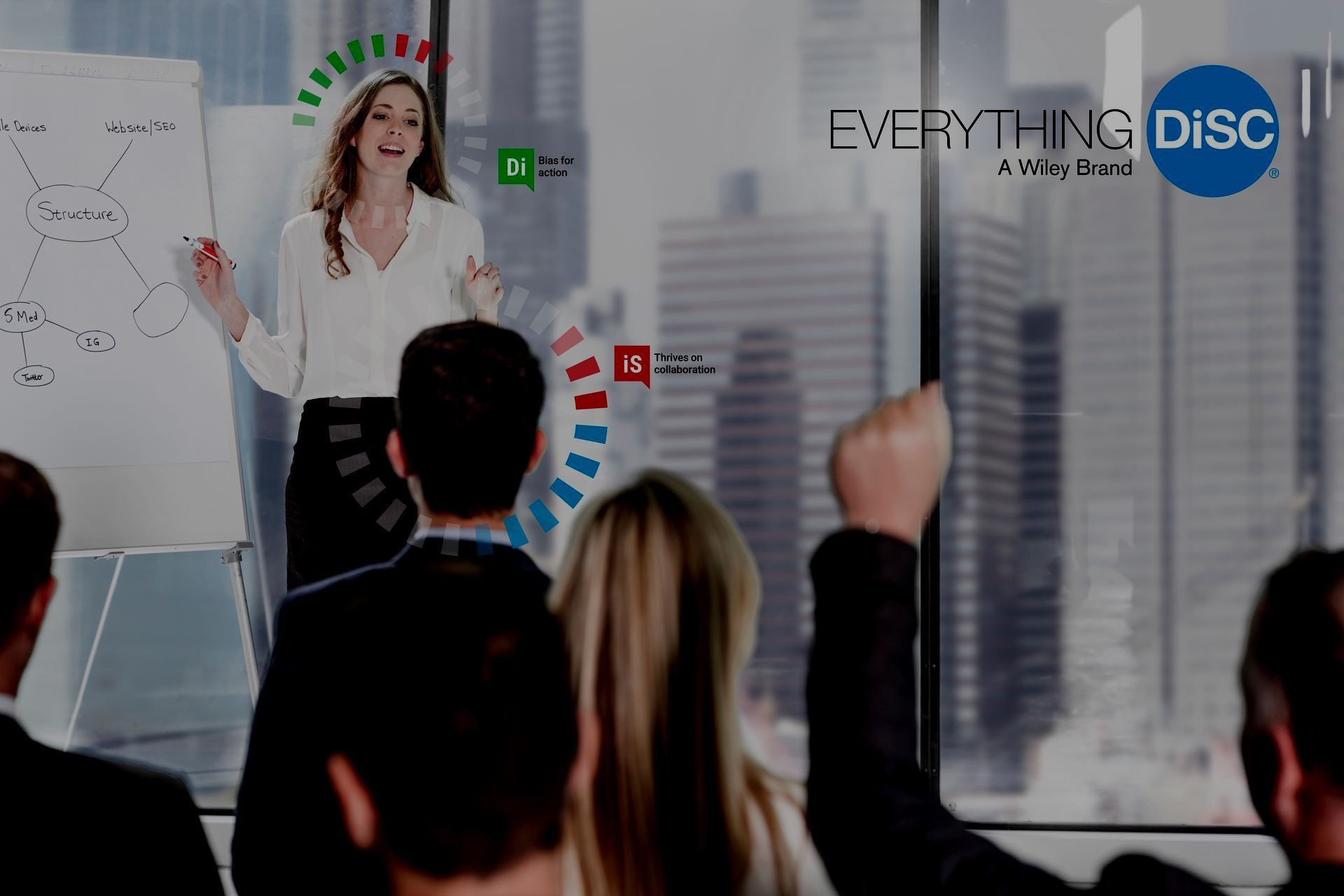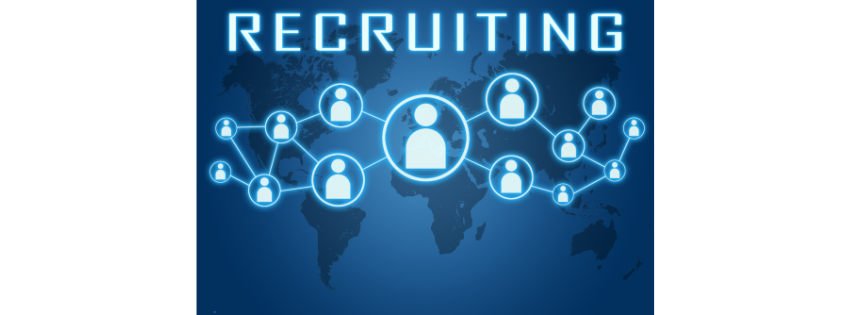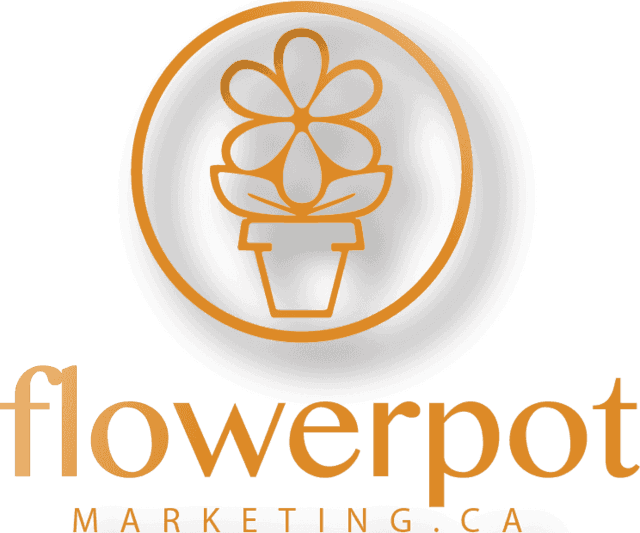By: Melissa Barlock
Your Resume is Your Smile - Make it SPARKLE!

No dental recruitment site would be complete without a section on resumes. And with all that talk about reciprocity last time, it’s time to give back. I don’t have to tell you that a resume is important, but you may ask, “Aren’t my qualifications all that really matter? Is everything else really that important?” The short answer is – YES, it’s THAT important! As sure as I am that 1 + 1 = 2, or that you shouldn’t trust your toothbrush around your siblings, the quality of your resume matters. Your resume reflects you – think of it as your SMILE; you want it to be personable and inviting. And like your teeth, you want it to be squeaky-clean and sparkle!
Now that we’ve got that out of the way (and some puns out of my system), and you’re sufficiently petrified, it’s time to offer solutions. There is already plenty of information about resume writing on the world wide web, but I’d like to be your experienced and trusted source of information. Like your resume, my goal is to be as comprehensive and concise as possible. What follows are not rules, but hopefully a handy guide; at the end of the day, it’s your resume. To start, I’d like to prime you with what I call the 5 Cs of Resume Writing. Make sure to consider these factors every step of the way:
- Clarity: your resume should have clear objectives; that is, it should be immediately apparent to the recruiter or hiring manager who you are, what you want, and what you have to offer. Justify skills with evidence: don’t just say you’re a good leader, have your roles and accomplishments speak for themselves. Your resume should also be clearly laid out. It should be simple to navigate, easy to read, and ‘skimmable’. This means following a format that is common and therefore familiar to recruiters, and making good use of alignment, headers, white space, font, and boldface. Good grammar and spelling are also immensely important. If spelling started with a ‘c’ it would probably make the top of this list. Errors in spelling communicate that you don’t pay attention to detail and that you’re not committed or the type of person who takes pride in their work. Use a spell-checker and then get a real human, preferably more than one, to proofread your resume before you hand it in.
- Conciseness: when it comes to a great resume, less really is more. Recruiters may receive upwards of a hundred resumes a day, and the shorter you can say what you need to say, the better. Cut the redundancy and only highlight your most relevant qualifications and skills. Your ability to do so shows that you are capable of expressing yourself clearly and concisely. Resumes should be no longer than a page, or two if you have decades of experience. Use the job description as a guide to inform you of what to include or not. Always keep things in perspective by remembering who is reading and evaluating your resume, and write it for their sake, not yours.
- Consistency: Format and style should be consistent throughout your resume. Use the same grammar, font, capitalization, and use of bullet points for the same purposes. It is more organized, harmonious, and pleasing to the eye. Also include your name and contact information on every page.
- Compelling: this is YOUR time to SHINE! Highlight your most relevant experience and qualifications and be sure to include any awards, community service hours, and placements/practicums that you have completed. It is said that many recruiters will decide whether or not to reject a resume after six seconds. With this in mind, aim to emphasize what makes you unique, and compel the hiring manager to want to hire you over the competition in as little time as possible.
- Customization: know the position and company that you are applying for and tailor your experience, skills, and other strengths specifically to that job for maximum effectiveness. Use the job description to extract key words that will enable recruiters and applicant tracking systems to quickly match you with the available position. Show that you are the ideal candidate for the position.
With these general principles in mind, you may still have the following questions:
CV vs. Resume: What’s the Difference?
First off, you may be wondering what the difference is between a CV and a resume. CV is short for curriculum vitae, a Latin phrase that translates to ‘course of life.’ On the other hand, résumé is a French term (notice the accents) that means ‘summary.’ Their literal meanings give you an indication of their purpose: a CV is a full and detailed account of your work and education history, whereas a resume is more concise. As such, a CV tends to be longer and more static than a resume, and is almost always in reverse-chronological order. A resume is intended to be shorter (one to two pages maximum) and is customizable, designed to highlight aspects of your skills and accomplishments that are more relevant to the particular position that you are applying to. A CV is the product specifications, a resume is the advertisement.
A CV is more common elsewhere, while a resume is generally the preferred document in Canada (In Quebec the terms CV and resume are interchangeable) and the U.S. Unless you are applying to positions in academia or other specialized vocations that require a lengthy CV, in most cases you will be concerned with submitting a resume.
Reverse-Chronological or Functional?
Although I said a resume is customizable, reverse-chronological order (most recent work experience first) is often preferred. This is simply because it is easier for recruiters and hiring managers to follow, and because your most recent experience is usually the most relevant, building on previous experience. You may want to consider a functional resume in the following cases: you are a recent graduate, changing careers, or have large gaps in employment. To see why, consider a dental hygienist who changed careers for a period of time due to an injury. Upon re-entering the dental profession, it may not be wise to list ‘Receptionist’ as your most recent job title. Similarly, recent graduates can benefit from listing education, achievements, and volunteer experience before work experience, especially if they are more relevant to the desired position.
Resume Format:
Your resume should be unique, but the layout of your resume is not the place for experimentation. The tried-and-true format of a typical resume is the way it is for a reason: it’s easy to read. This includes things like the order of information and headings, alignment (left), and font. Your resume should also be clean, clear, and consistent. Study examples online and consider using a template to help you get started. A typical order is as follows:
- Name and Contact Information
- Objective or Summary
- Work Experience
- Certifications (if applicable)
- Education
- Skills
- Additional Sections
Set your font size to 10 – 12 points. Any smaller is harder to read, and larger looks like you’re trying to fill up space. Also choose a style that is attractive and readable such as Verdana, Arial, or Helvetica. Additional sections to consider include Awards, Volunteer Experience, Extracurricular Activities, and Interests. If you are a student or recent graduate, adding sections to highlight your soft skills (such as initiative, leadership, teamwork, communication, creativity, empathy, etc.) is especially valuable. If you have relevant information to share, be sure to include it.
I often get asked if the Interests section is necessary: “Who really cares what my interests and hobbies are?” While not strictly necessary, I would argue that they are important because they give the recruiter or hiring manager insight into your personality, which is hard to demonstrate in the rest of your resume. Include things that are unique and interesting and suggest that you are fun and sociable. There’s a good chance you will put down something that the recruiter will relate to or find fascinating, which can lead to an instant sense of connection and your resume at the peak of the pile.
Objective or summary?
Again, the names here give you a clue as to the differences. A summary statement is a brief summary of your experience, skills, and achievements. Situated top dead center below your contact information, it should give the recruiter an instant idea of the qualifications and value that you would bring to the company. The key difference is that a summary is targeted towards the needs of the company, whereas an objective is focused on the applicant’s needs and goals. Use a summary. The objective statement is outdated and adds little additional value to your resume. It’s not about what you want, and we know what you’re looking for. In any case, keep it concise and be sure to strategically inject as many key words as possible. Also, don’t start sentences with the personal pronoun ‘I’. Use action verbs to make your resume more dynamic and action-oriented. Follow this principle throughout the rest of your resume as well.
Cover Letter:
A cover letter is a letter of introduction addressed to potential employers that may accompany a resume. Though it is often not required, I suggest you include one; it’s an additional opportunity to showcase your personality and encourage the reader to pay attention to your resume. In some ways it is like your summary statement but should be a little longer, allowing you to express excitement for the position and why you’d be a good fit, as well as to expand on your accomplishments. It is also an opportunity to address any elephants in the room, such as long absences in employment; if there is something you feel needs an explanation, mention it in your cover letter. If you lost your job because of COVID-19, mention it but be brief about it; employers are well aware of the situation and the toll it has taken on the dental industry. The cover letter is your opportunity to tell your story, but don’t spend too much time on it. Though I don’t always read a cover letter, at the very least it shows that you are really interested in the job. That being said, your cover letter MUST be specifically tailored to the job and addressed to the person who will be reading it; if you don’t know who that is or can’t find out, something more general like Dear hiring manager is okay. Be aware that a generic cover letter may have the opposite of the intended effect, signaling to the reader that you don’t value their time. As usual, be concise, use key words, be dynamic, and focus on what you have to offer. Your cover letter should complement your resume, not overlap it.
LinkedIn:
If you are not already a member of LinkedIn, consider increasing your professional online presence by signing up. A lot of hiring managers, dental offices, and professionals are already on it; be where the people are. As of now Google algorithms favour it, so it helps to be found and get noticed. Brand yourself; be professional but personable. LinkedIn is a great way to express your personality and highlight your best characteristics. At the very least, be sure to clean up your discoverable online presence. That means Facebook and other social media sites. Recruiters are people too and you can be sure that they’ll cross-reference you if they’ve taken an interest in your resume. Google yourself and see what comes up.
As a final word, I’d like to mention a few things that you do not need to put on your resume. Due to anti-discrimination laws in Canada and to ensure equal opportunity, you do not need to list information that is not relevant in the workplace. This includes things such as race, national or ethnic origin, colour, religion, age, sex, etc. Look to the Canadian Human Rights Act or your provincial Human Rights Code for more information.
You are also not required to provide your photo along with your resume. Although there is nothing preventing you from including one if you so choose, many recruiters find it distracting, and it may be confusing to applicant tracking systems. Your photo can also potentially say a lot about you, so if you do decide to include one make sure it is professional and personable. Don’t give any reason to judge you. Look to LinkedIn for examples.
Well, that’s it! Though it can be daunting at first, building your perfect resume doesn’t have to be that scary. With a little guidance, the process starts to make a whole lot of sense. Just don’t forget who you’re writing for, and always remember – you’re awesome!
Resume Writing Tips – Do’s and Don’ts
- Know the position and company that you are applying to
- Create a professional email address
- Update your contact information
- Set your font size to 10 - 12 pts (smaller = harder to read; bigger = looks like you’re trying to fill up the page)
- Use reverse-chronological order (most recent and work your way back)
- Align your content to the left and make it 'skimmable'
- Make strategic use of bold, caps, and italics
- Choose an attractive and readable font (e.g., Verdana, Arial, Helvetica)
- Only add jobs that you have had in the past 10 – 15 years
- Give your sections simple subheadings (e.g., Resume Summary, Experience, Education, Skills)
- Consider using a professionally-designed template.
- Include URL’s to social media profiles, personal websites, and your blog.
- As a student, your educational background is your strongest selling point; in this case, you can put the Education section first
- Lose the phrase “References available on request” (just put them on there; make it easy for HR if they want to hire you; or don’t put anything)
- Make sure you’ve created margins, and balance your text and white space
- Name your files properly (e.g., John_Smith_Resume); it is easier to find and more professoinal
- Match your cover letter to your resume
- Draw attention to your promotions (achievements, volunteer, community, placements)
- Cut the fluff in your experience section (no need to add every responsibility you had at previous job; duties/working experience will provide evidence)
- Write explanations for large gaps in your career history (e.g., a layoff or a break to have a child; if you don’t it leaves it to the imagination, and the hiring manager may assume the reason is negative)
- Insert action verbs wherever possible (e.g., orchestrated, persuaded, conducted; they are more assertive and action-orientated)
- Save a copy of your resume as a PDF (with proper name, first last)
- Make good use of the top third of your resume (here you want your best skills, experience, and achievements)
- Use a proofreading tool and have at least one other person proofread your resume
- Write a thank you e-mail, letter, or card
- No more than two pages
- Consider adding Hobbies and Interests section to your resume (especially if you don’t have a lot of professional experience)
- Do not lie on your resume
- Clean up your online presence
Enspire Dental Opportunities is looking forward to working with you.












